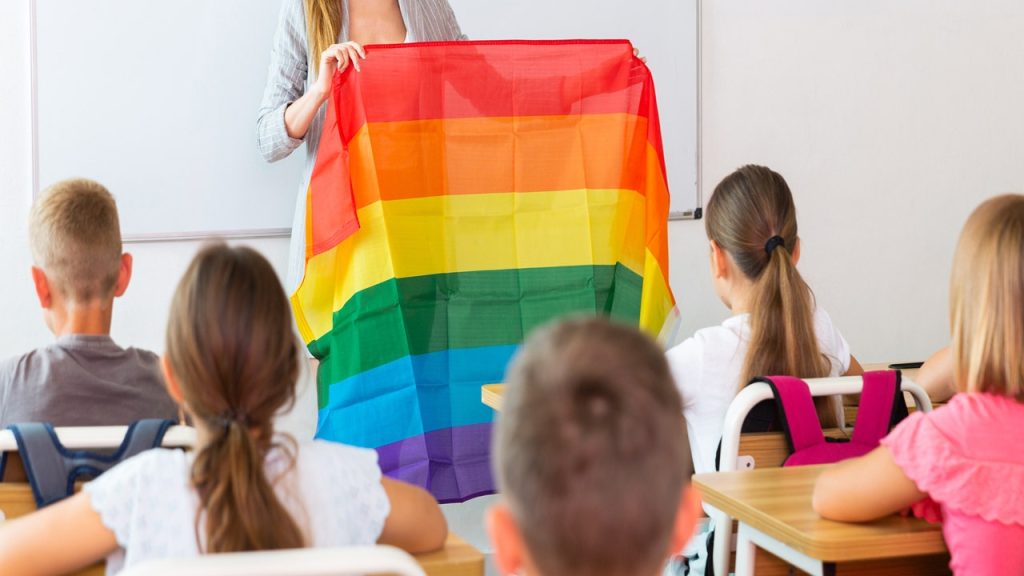Maryland’s largest school district has been embroiled in a controversy over the issue of allowing parents to opt their K-5 children out of classes and books that discuss LGBTQ topics like sexuality and gender. The 4th U.S. Circuit Court of Appeals recently ruled in a 2-1 decision that the Montgomery County Public Schools (MCPS) board does not have to provide an opt-out option for parents at this time. The court affirmed a lower court decision that denied a preliminary injunction based on the parents not demonstrating how the policy would violate their children’s First Amendment right to free exercise of religion.
The parents involved in the lawsuit, representing different religious backgrounds, argued that exposure to LGBT-themed books and discussions in school contradicts their duty to train their children in accordance with their faith. They believe that the responsibility for what their children learn should rest with them, rather than the schools. However, the court ruled that exposure to ideas contrary to one’s faith is not a sufficient burden to implicate the First Amendment. They stated that exposure to differing viewpoints, even for religious reasons, is a part of sending children to public schools.
U.S. Circuit Judge A. Marvin Quattlebaum, Jr. dissented from the majority opinion, stating that the board’s decision to deny religious opt-outs burdened the parents’ right to exercise their religion and direct the religious upbringing of their children. He argued that the parents had established the requirements for a preliminary injunction and should have been granted relief. The Becket Fund for Religious Liberty, representing the parents, expressed disappointment with the ruling and plans to appeal, citing the inappropriate themes around sexuality and maturity level for young children in the texts.
Montgomery County Public Schools announced plans to include an LGBTQ-inclusive reading list in its English language arts curriculum, sparking protests from parents who want the opt-out policy reinstated. Some parents believe that they should have the right to address controversial topics like sexuality and gender ideology with their children on their own terms. They argue that children should learn about these subjects from their parents first, rather than from school curriculum. The decision has led to rallies and further debate within the community about parental rights versus school curriculum content.
This case has raised questions about the balance between parental rights and school curriculum decisions. While some argue that parents should have the final say in what their children are exposed to in schools, others believe that public education should provide a diverse and inclusive educational experience for all students. The ongoing legal battle highlights the complexities surrounding discussions of LGBTQ topics in schools and the challenges of navigating differing viewpoints on this issue. The outcome of this case may have broader implications for how similar disputes are resolved in public school districts across the country.
As the legal battle continues, both sides will likely continue to advocate for their positions on this contentious issue. Maryland’s wealthiest school district is at the center of a national debate over parental rights, religious freedom, and LGBTQ inclusion in school curriculums. It remains to be seen how future court decisions and community actions will shape the outcome of this dispute and whether a resolution that satisfies all parties can be reached.


